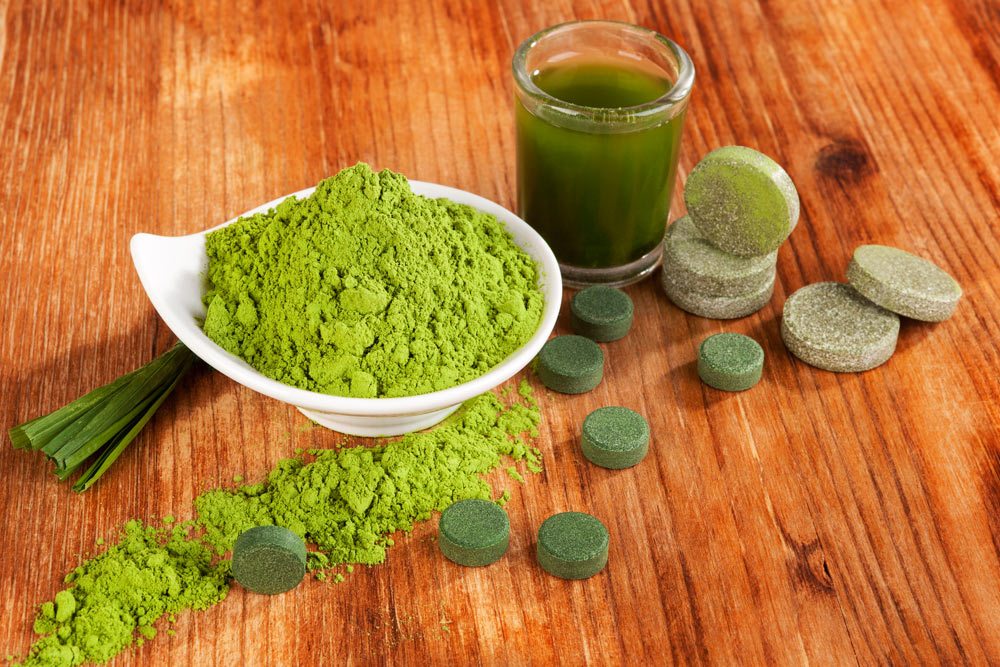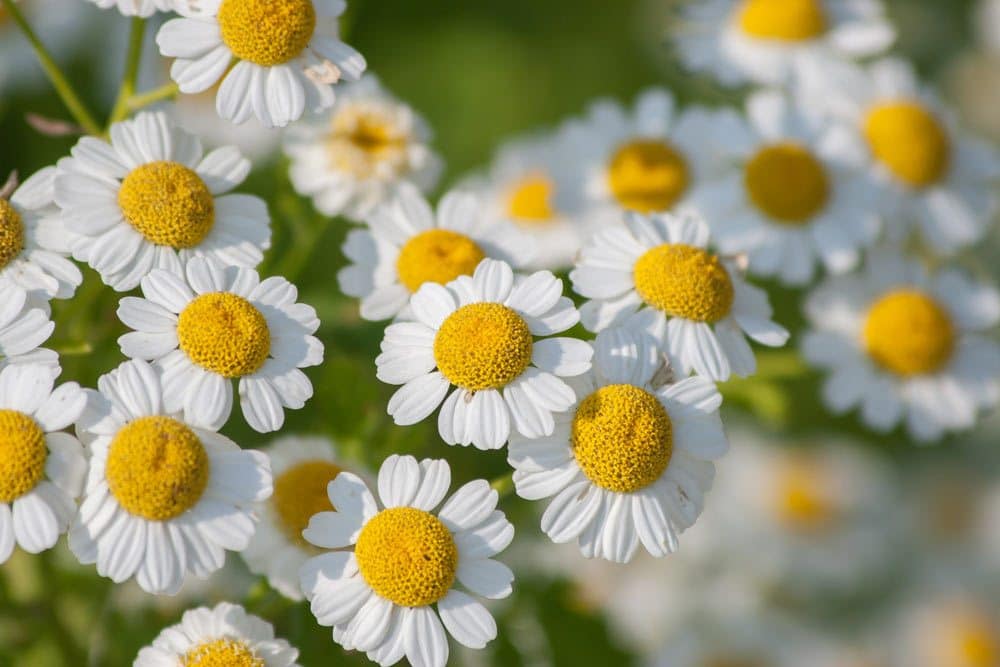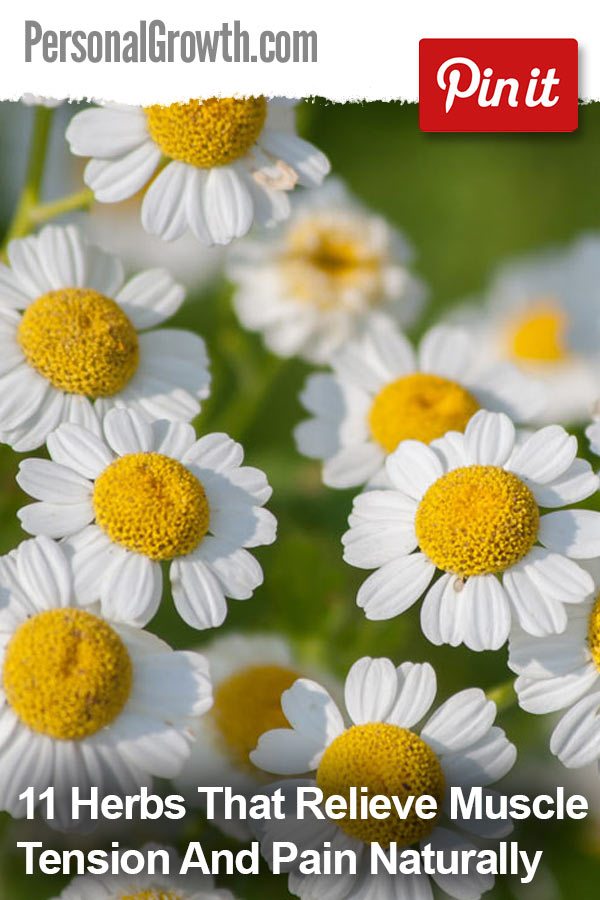

When your aches and pains start coming more frequently, it becomes less likely that you have a simple pull or strain that will heal and more likely that you’re suffering from chronic muscle tension.
Painful muscle tension can occur for a variety of reasons, the most common of which are injury and inflammation. While there are numerous drugs of various potencies you can take, all of which promise to relieve muscle tension or at least numb you to the pain, you do have another option. Try an herbal alternative to these manufactured drugs to relieve your muscles without adding more produced chemicals to your body.
1. Peppermint
Peppermint is not just for freshening your breath. Peppermint performs double duty in helping relieve muscle tension in your body. First, it contains menthol. This ingredient is commonly found in topical muscle tension treatments because it cools and soothes. Peppermint is also rich in camphor, which offers similar benefits.
You can enjoy hot peppermint tea or another food or drink containing pure peppermint extract to immediately reduce severe muscle tension. To prevent this tension in the first place, consider adding peppermint to your regular herbal routine or enjoying foods with peppermint daily.
2. Chamomile
It seems that a cup of chamomile tea will soothe more than just your nerves. Chamomile has many health benefits, one of which is its antispasmodic properties. As the name suggests, antispasmodic means it reduces the frequency and severity of spasms.
While you can enjoy this herb hot or cold, you will likely experience the most profound and immediate relief by sipping on a mug of warm chamomile tea.
3. Wood Betony
Although it is rather obscure in modern times, wood betony was once a popular ancient remedy for an assortment of conditions, including muscle pain.
In a study of this herb, it was found to contain glycosides, compounds known to reduce blood pressure and muscle tension.
You can enjoy the benefits of wood betony in an assortment of ways. To relieve muscle aches topically, select an herbal ointment and apply it to the area in which you are experiencing pain. For all-over pain relief, try wood betony in tea form.
4. Lavender
Lavender is more than just aromatic, although the aroma of this herb does enhance its muscle-relieving properties. Lavender reduces muscle pain by limiting the tension that you feel in your body through calm and natural relaxation.
You can experience these benefits by smelling lavender alone through the use of an oil or a scented candle. For even more intense benefits, try using lavender oil during massages or adding this potent oil into your warm bath.
5. Black Cohosh
Another relatively obscure herb, black cohosh, provides targeted muscle relief, aiding in uterine pain. This herb is most commonly recommended for women who are going through menopause becayse it causes the uterus to contract and can speed the process, leaving menopausal women suffering for a shorter period of time.
There are some warnings to keep in mind if you are considering using black cohosh. Along with causing uterine contractions, black cohosh impacts the body’s estrogen production. As a result, you aren’t advised to take this herb for a prolonged period of time.
Additionally, pregnant women should avoid the consumption of black cohosh, particularly in early pregnancy. Because this herb promotes uterine contractions, consumption of it during pregnancy could lead to pre-term labor.
6. Valerian
Commonly used as a sleep aid, valerian can also provide muscle-relieving benefits. This herb has stress- and tension-relieving properties that extend to muscle tension.
Valerian is a powerful herb, so you should use it with caution. Women who are pregnant should not use valerian. Additionally, people who suffer from blood vessel disease and those with high blood pressure or heart disease should avoid taking this herb.
If you are taking prescription medications, you should consult your doctor prior to adding valerian to your medication intake.
7. Kava
Kava is a powerful herb that promises among its other benefits to relieve muscle tension. This herb works like many prescription medications, inhibiting receptors within the brain and reducing the onset of tension. By bonding with these receptors, kava prevents excessive stimulation from the brain and nervous system.
Along with relieving muscle stress, kava can provide relief from anxiety.
Be cautious when taking kava because some studies suggest that prolonged consumption could result in damage to the liver. As with other powerful herbs, consult your doctor prior to beginning your kava regimen.
8. Boswellia
For sports-related injuries, boswellia is an ideal herbal treatment. This herb contains anti-inflammatories that seem to work particularly well on knee and joint pain. Because this herb is fast-acting and provides help in restoring muscle function, it is particularly ideal for athletes or highly active individuals.
Boswellia is best taken in capsule form. Chronic pain sufferers or people recovering from a recent injury are encouraged to take boswellia capsules several times a day for two to three months.
This herb can be quite potent, so consult with your doctor before beginning your boswellia treatment plan.
9. Devil’s Claw
One of the more exotic herbs, devil’s claw originates in South Africa. Along with the herb’s active ingredient, harpagide, this herb contains anti-inflammatories that can help relieve muscle tension and pain due to injury or inflammation.
Devil’s claw is particularly effective in treating tension and pain in the back, shoulders or neck. Osteoarthritic and rheumatoid arthritic pain are also typically lessened by the consumption of devil’s claw.
This herb can be taken in capsule form. It is also available as a tincture or a tea, allowing you to select your preferred method of consumption.
People on blood-thinning medications along with pregnant women, nursing mothers and young children should avoid consumption of devil’s claw.
10. Oregano
Decidedly not exotic, oregano does more than just season your food. The oregano herb contains 32 anti-inflammatories, making it a powerful herb in providing relief from severe muscle tension.
You can reap the benefits of oregano and experience flavor enhancement by adding oregano to your food. If your pain is severe and you want a more concentrated dose of this herb, consider making an oregano tea by adding oregano leaves to a cup of boiling water and allowing it to steep before straining.
11. Feverfew
For centuries, people have turned to feverfew to reduce the severity and frequency of headaches, particularly, migraines. Chronic headache sufferers are encouraged to take feverfew regularly to prevent the onset of headaches.
This herb is available in capsule form. You can also brew tea for immediate relief of ongoing headaches by steeping leaves in boiling water. Before steeping, remove the water from the heat source because boiling the leaves themselves could lessen their potency and effectiveness.

